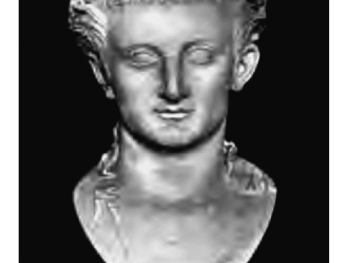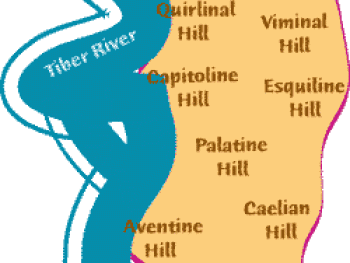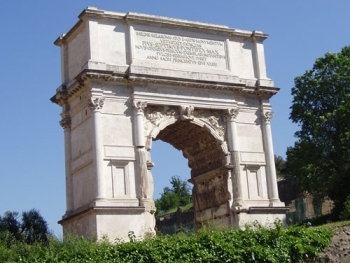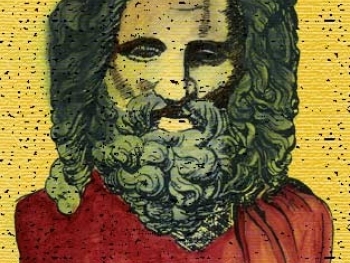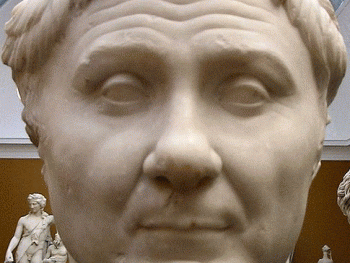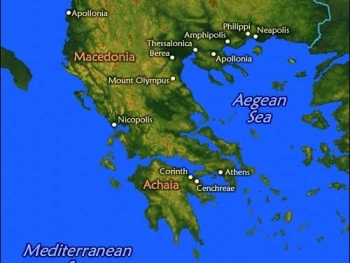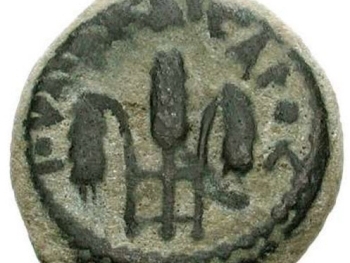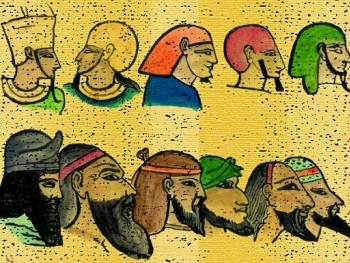Yes, the Bible mentions the Mediterranean Sea on multiple occasions, as it played a significant role in the geographical and cultural context of the biblical world. Here are a few references:
- In Exodus 23:31, God promises to give the Israelites the land from the Mediterranean Sea to the Red Sea as their possession.
- The book of Jonah recounts how the prophet Jonah attempted to flee from God's command by boarding a ship in Joppa and sailing toward Tarshish, which was likely located somewhere in the western Mediterranean (Jonah 1:3).
- In the New Testament, the Apostle Paul embarked on several journeys that involved sailing across the Mediterranean Sea. Acts 27 describes a perilous sea voyage undertaken by Paul and his companions as they sailed from Caesarea to Rome.
- In the book of Revelation, the apostle John has a vision of a beast rising out of the sea, representing a powerful and oppressive political entity (Revelation 13:1).
These references, along with others throughout the Bible, highlight the presence and significance of the Mediterranean Sea in the biblical narrative. It served as a crucial trade route, a means of transportation, and a geographical boundary for various events and journeys recorded in Scripture.
